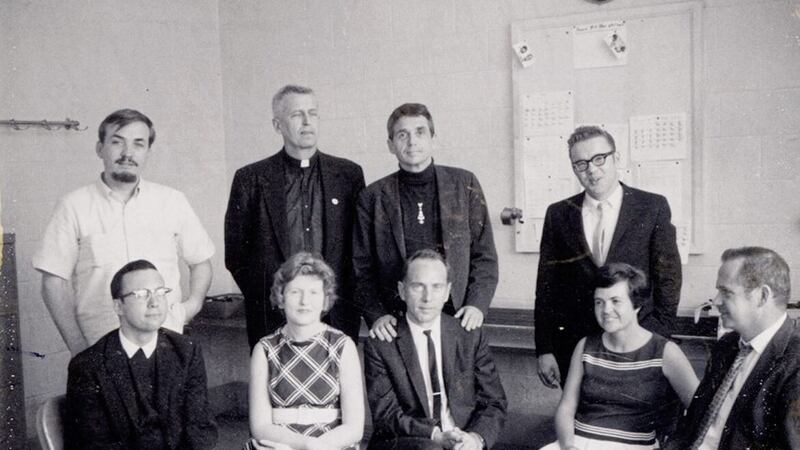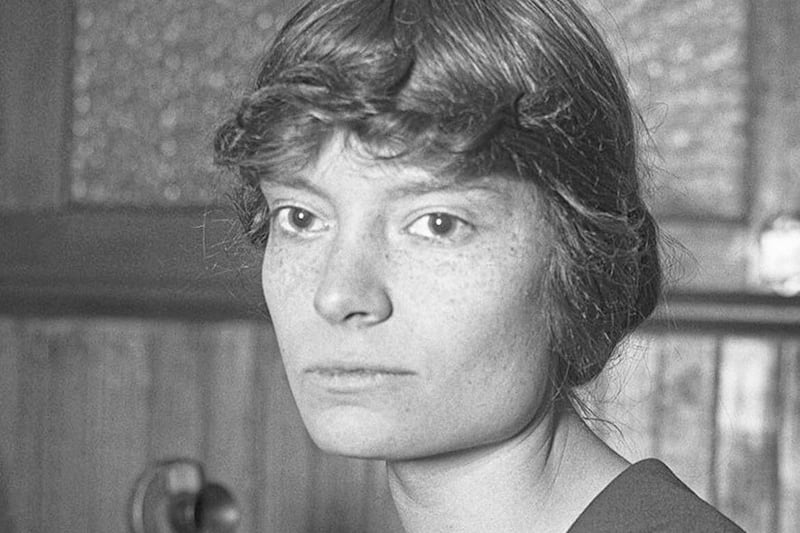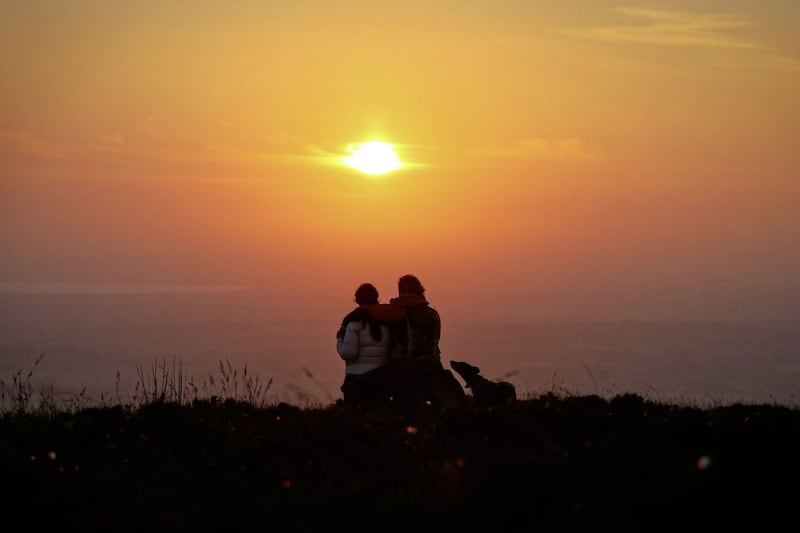Fifty-five years ago, on May 17 1968, nine Catholic peace activists – including two priests, Daniel Berrigan and his brother, Philip – burst into the recruitment office in the comfortable suburb of Catonsville, near Baltimore, Maryland.
They removed 378 draft files and set them on fire in the car park with home-made napalm (concocted from a recipe they had found in a US Commando handbook...). Then they recited the Lord's Prayer and waited to be arrested.
Both priests were wearing their clerical garb and their photograph later on the front page of Time magazine startled the nation.
Their action was the culmination of a long campaign against the Vietnam War and arguably did more than any other action to educate public opinion and hasten the end of the war in what they called the Land of Burning Children.
Their leader, Fr Daniel Berrigan, put the matter thus: "Our apologies, good friends, for the fracture of good order, the burning of paper instead of children, the angering of the orderlies in the front parlour of the charnel house. We could not, so help us God, do otherwise."
Such language had never before been heard in an American court and hasn't been since. The Berrigan brothers became the first Catholic priests in American history to be imprisoned for protesting against war.
The Catonsville action was hugely controversial, even within the Peace Movement. For some it was a move too far. Others, including Dorothy Day of the Catholic Worker Movement, thought that such non-violent direct action could be a form of prayer in that, like prayer, it argues for Gospel values and the primacy of life over death.
Thomas Merton concluded that both Dan and Phil were being persecuted for saying openly what more and more Americans were beginning to believe – that the US was becoming a totalitarian society.
In the week before Catonsville, a record 562 young Americans were killed in Vietnam with the government still insisting that it was winning the war. Suddenly, a whole national mythology of beneficence and progress was being not so much morally questioned as dismantled by the brutalities of Vietnam.
At Catonsville, the Berrigans and their friends were less concerned about effecting political change than drawing public attention to the massacre of thousands of unarmed men, women and children.
Their action was religious – the culmination of months of prayer and rigorous spiritual preparation.
Much has changed since that heady year of 1968, the year of the assassinations of Bobby Kennedy and Martin Luther King Jr and later the strange and untimely death of Thomas Merton.
At the same time, much remains the same. Wars and violent conflicts proliferate; racism, poverty, exploitation and corporate greed continue apace.
So what does Catonsville say to us today? I think it speaks to us about the continuing need for protest and civil disobedience given the state of our world. Non-violent acts of witness can make a difference in alerting people to the evil being done in their name.
It reminds us powerfully that, as Christians, we have the spiritual resources necessary to sustain us in the long struggle against war-making – namely, the Gospel and the Eucharist – against which no enemy can prevail.
Finally, it reminds us that ultimate success in peacemaking is not in our hands, but God's. We are merely challenged to do the right thing simply because it is right.
And, God knows, we have much to protest about today.
Fr Gerry McFlynn is a Down and Connor priest and project manager of the Irish Council for Prisoners Overseas








